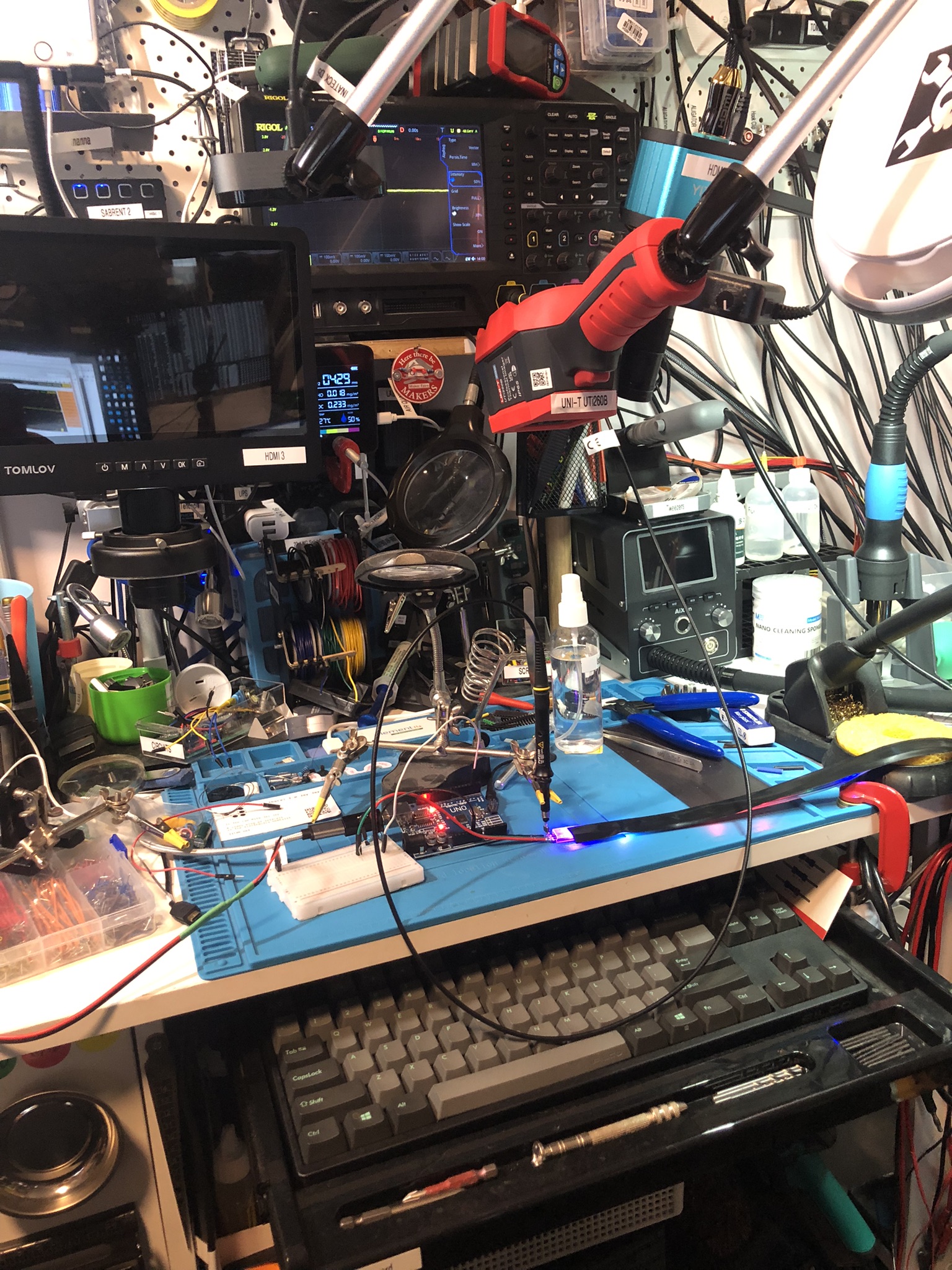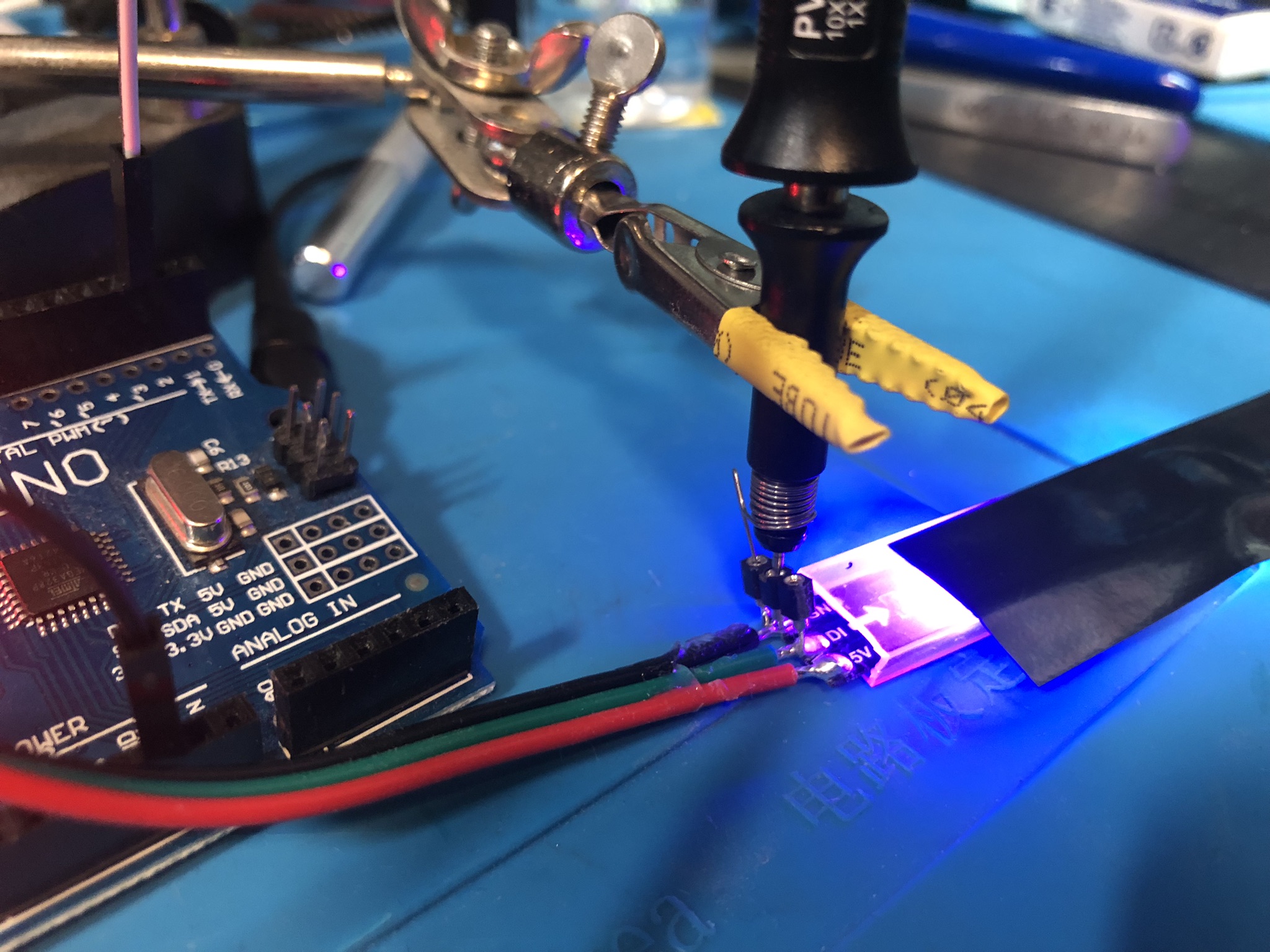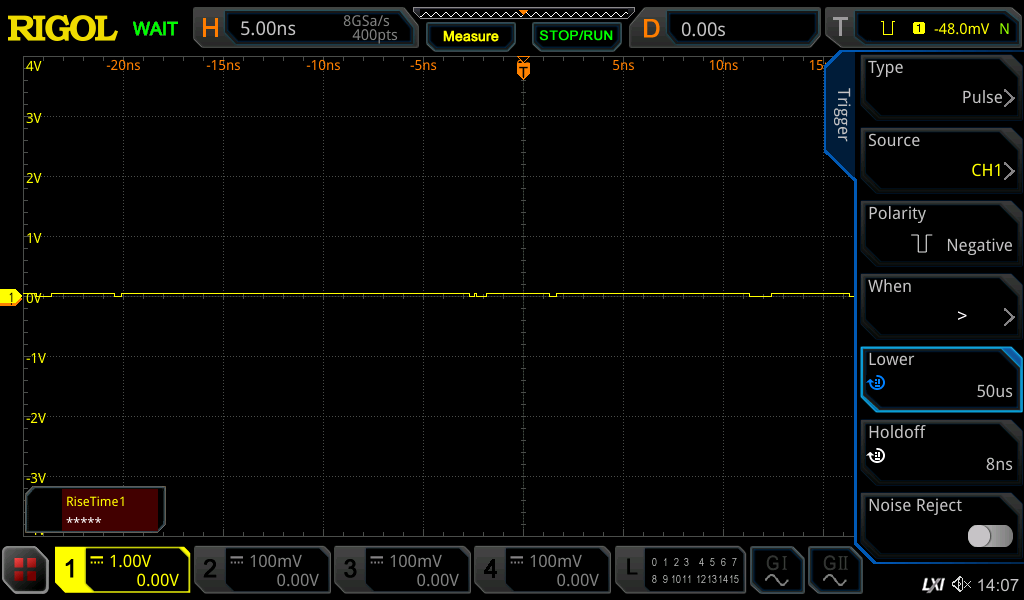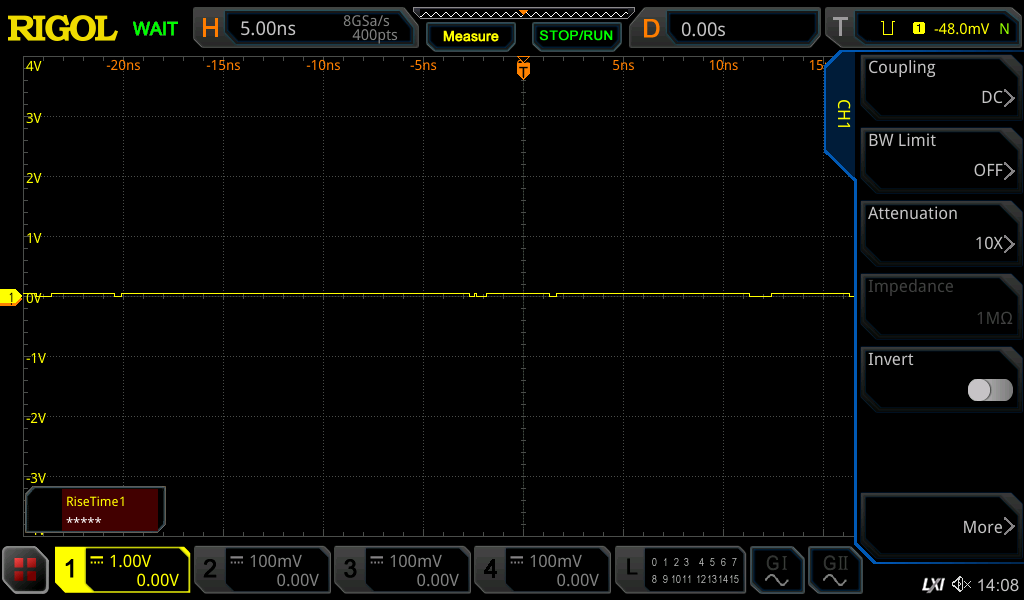Category Archives: Programming
BASIC Programming With No Strings Attached
I have a new post on Hackaday: BASIC Programming With No Strings Attached.
HORUS Framework: A Rust Robotics Library
I have a new post on Hackaday: HORUS Framework: A Rust Robotics Library.
The Staggering Complexity And Subtlety Of Concurrency
I have a new post on Hackaday: The Staggering Complexity And Subtlety Of Concurrency.
Maker Advent Calendar 2025 #12: RGB LED Strip! | Learning Electronics In The Lab With Jay Jay
You can support this channel on Patreon: patreon.com/JohnElliotV
This post is part of my video blog and you can find more information about this video.
Silly Job Title: Energy Maestro. I am the Energy Maestro!
In this video we do the twelfth and final project from The 12 Projects of Codemas.
Thanks very much for watching! And please remember to hit like and subscribe! :)
Following is a product I use picked at random from my collection which may appear in my videos. Clicking through on this to find and click on the green affiliate links before purchasing from eBay or AliExpress is a great way to support the channel at no cost to you. Thanks!
Yum Cha 395nm UV Lamp notes notes |
Let’s go shopping!
Maker Advent Calendar 2025 #11: OMG OLED! | Learning Electronics In The Lab With Jay Jay
You can support this channel on Patreon: patreon.com/JohnElliotV
This post is part of my video blog and you can find more information about this video.
Silly Job Title: Operation Manager. I am the Operation Manager!
In this video we do the eleventh project from The 12 Projects of Codemas.
Thanks very much for watching! And please remember to hit like and subscribe! :)
Following is a product I use picked at random from my collection which may appear in my videos. Clicking through on this to find and click on the green affiliate links before purchasing from eBay or AliExpress is a great way to support the channel at no cost to you. Thanks!
Yum Cha Corner Cutter |
Let’s go shopping!
Maker Advent Calendar 2025 #10: Breaking Beams! | Learning Electronics In The Lab With Jay Jay
You can support this channel on Patreon: patreon.com/JohnElliotV
This post is part of my video blog and you can find more information about this video.
Silly Job Title: Luminary Luminar. I am the Luminary Luminar!
In this video we do the tenth project from The 12 Projects of Codemas.
Thanks very much for watching! And please remember to hit like and subscribe! :)
Following is a product I use picked at random from my collection which may appear in my videos. Clicking through on this to find and click on the green affiliate links before purchasing from eBay or AliExpress is a great way to support the channel at no cost to you. Thanks!
3ELIGHTING 10″-26″ VESA Wall Mount |
Let’s go shopping!
Maker Advent Calendar 2025 #9: Full Tilt! | Learning Electronics In The Lab With Jay Jay
You can support this channel on Patreon: patreon.com/JohnElliotV
This post is part of my video blog and you can find more information about this video.
Silly Job Title: Terminal Tactician. I am the Terminal Tactician!
In this video we do the ninth project from The 12 Projects of Codemas.
Thanks very much for watching! And please remember to hit like and subscribe! :)
Following is a product I use picked at random from my collection which may appear in my videos. Clicking through on this to find and click on the green affiliate links before purchasing from eBay or AliExpress is a great way to support the channel at no cost to you. Thanks!
Yum Cha Digital Meter |
Let’s go shopping!
Maker Advent Calendar 2025 #8: Tracking Temps! | Learning Electronics In The Lab With Jay Jay
You can support this channel on Patreon: patreon.com/JohnElliotV
This post is part of my video blog and you can find more information about this video.
Silly Job Title: Relay Renegade. I am the Relay Renegade!
In this video we do the eighth project from The 12 Projects of Codemas.
Thanks very much for watching! And please remember to hit like and subscribe! :)
Following is a product I use picked at random from my collection which may appear in my videos. Clicking through on this to find and click on the green affiliate links before purchasing from eBay or AliExpress is a great way to support the channel at no cost to you. Thanks!
SUNSHINE Hard Brush Set notes notes |
Let’s go shopping!




